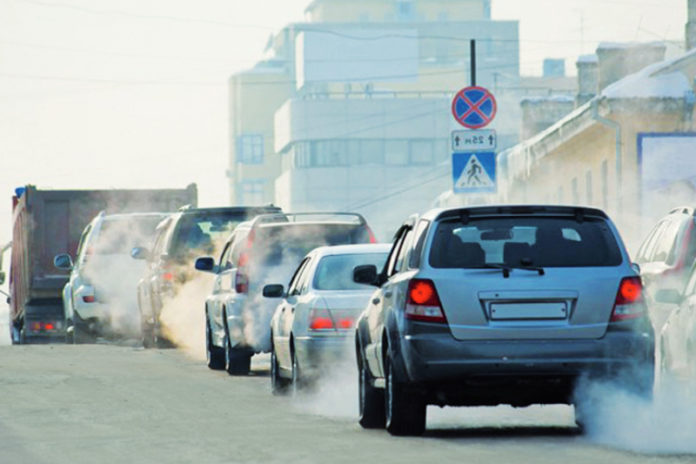New Delhi (NVI): Carbon dioxide emissions have fallen to the lowest level since 2006 as lockdowns are imposed around the world due to the coronavirus crisis, a new study shows.
The major slowdown of movement has led to an extreme decline in CO2 emissions — with daily levels recorded 17 per cent lower as compared to averages from last year.
It is estimated that in the first four months of the year, global emissions from burning fossil fuels and cement production were cut by 8.6 per cent, compared with 2019 levels.
In the study published in Nature Climate Change, the findings show the world has experienced the sharpest drop in carbon output since records began, with large sections of the global economy brought to a near standstill. When the lockdown was at its most stringent, in some countries emissions fell by just over a quarter on average. In the UK, the decline was about 31 per cent, while in Australia emissions fell 28.3 per cent for a period during April.
“This is a really big fall, but at the same time, 83 per cent of global emissions are left, which shows how difficult it is to reduce emissions with changes in behaviour,” said Corinne Le Quéré, a professor of climate change at the University of East Anglia, and lead author of the study.
According to the study, largest factor was the lack of vehicles on road, accounting for 43 per cent of the decrease. While air travel’s carbon footprint fell by a staggering 60 per cent, that industry only generally accounts for about 3 per cent of yearly global carbon emissions — making its overall impact far smaller than other industries.
Within the global total, the largest impacts were in China in the first four months of the year, followed by the US, then Europe and India.
However, the unprecedented fall is likely to be only temporary. As countries slowly get back to normal activity, over the course of the year the annual decline is likely to be only about 7 per cent, if some restrictions to halt the virus remain in place. If these restrictions are lifted in mid-June the fall for the year is likely to be only 4 per cent.








